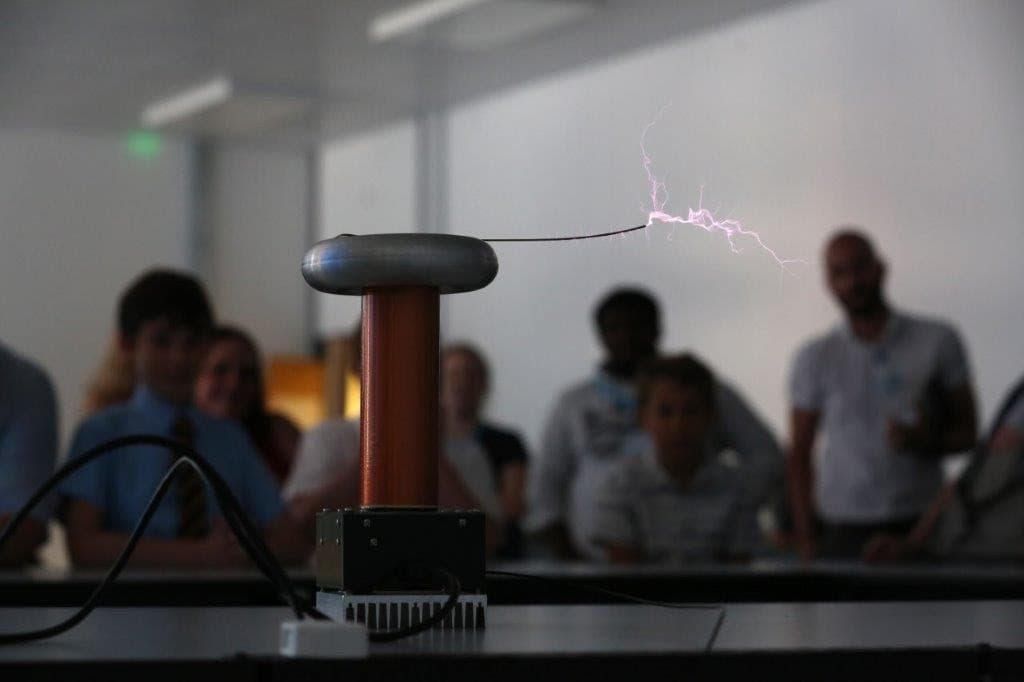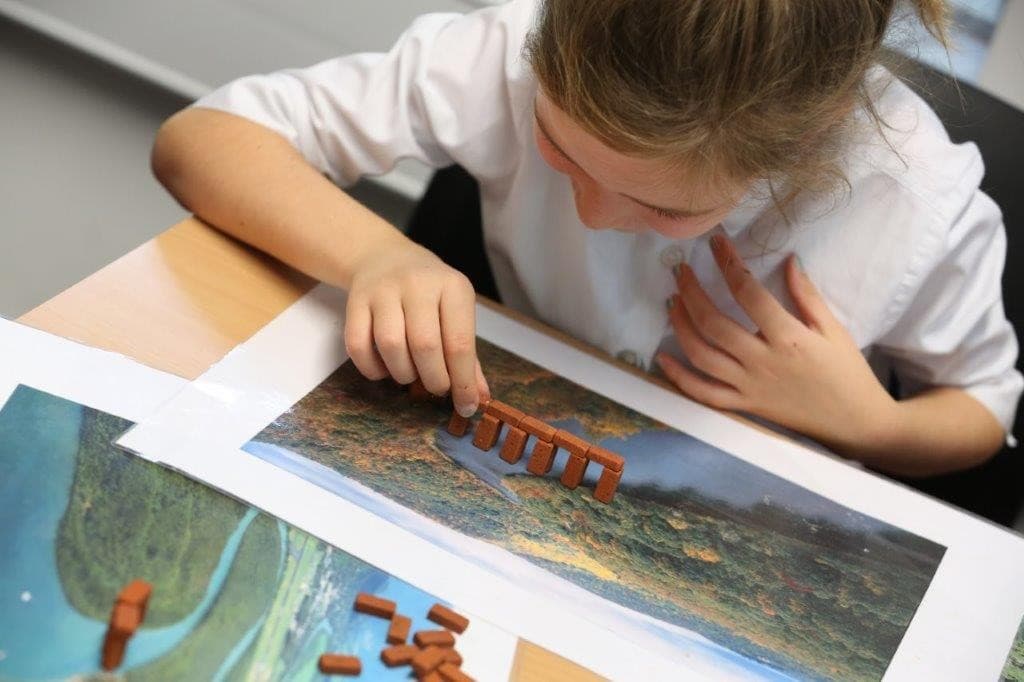Education is a major factor in social mobility. However, as is the case across the world, young people from lower socio-economic backgrounds in the UK often struggle to reach their academic potential. This is particularly common in disadvantaged areas, where schools often face complex challenges in supporting their students and in helping them to understand the relationship of education to their future.
Working with education charity IntoUniversity, The University of Nottingham is breaking down barriers to educational attainment and university study in the East Midlands, areas that have some of the lowest rates of university participation in the UK. Through its pioneering programme, Nottingham Potential, the University is opening up opportunities for children from as young as seven, supporting the transition to secondary school and beyond by providing a pathway that helps to raise attainment and aspirations.
The Foundation shares Nottingham Potential’s philosophy, firmly believing that early intervention is key to creating lasting change in young people’s lives. An Education Officer, funded by Badur over three years, works at Nottingham University with local primary schools to build relationships and expand the reach of the Nottingham Potential project. Over the Badur grant period to date, Nottingham Potential has successfully developed a comprehensive programme for primary aged pupils in response to increasing demands from schools for curriculum-linked activities that will capture pupils’ attention and help engender a life-long interest in learning. Through Nottingham Potential’s campus visits - or ‘Discovery Days’ and ‘Learning Journeys’ - pupils can see the university with their own eyes, discover new subjects and be inspired by university staff and students.
Funding provided by the Badur Foundation has also enabled a family learning project to develop and expand. Working to build a parent or carer’s engagement with their child’s learning, ‘Family Learning’ days take place throughout the year and also serve to inspire parents to return to education.
Another added benefit of the programme is to university students and researchers. They work in partnership with school teachers to design engaging activities that challenge pupils and draw links between university study, research and the National Curriculum. ‘The Learning Journeys’ project consists of a series of in-school visits and a celebration event on campus where a school class is able to showcase their work with the support of university students. This responsibility enriches a student’s overall university experience and improves their job-readiness.
The Nottingham Potential programme also conducts sessions and assemblies in schools. The team continue to evaluate their work through tracking attitudes and aspirations. Whilst it is difficult to articulate impact relating to such early intervention, the programme has been praised by teachers involved, with some reporting it to Ofsted. All participating teachers reported that Discovery Days raised aspirations for the future and that Learning Journeys increased awareness and understanding of higher education. Family Learning sessions are enjoyed by the vast majority of adults and children attending, who report that they know more about university after taking part.
The team share details of their unique approach with other widening participation colleagues at other universities and they are continuously evaluating ways to further to disseminate learning to peers.



